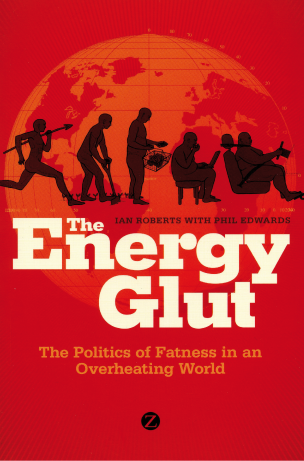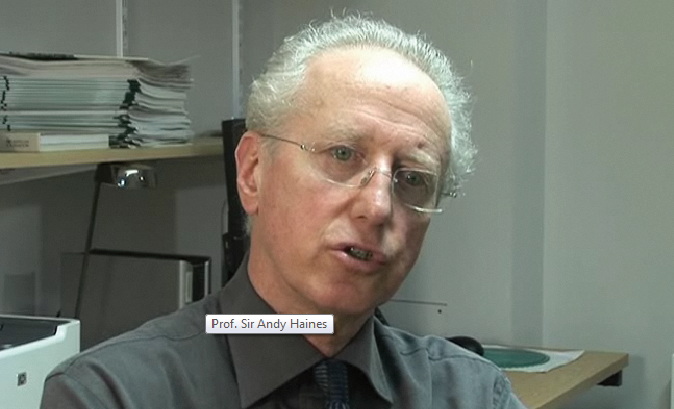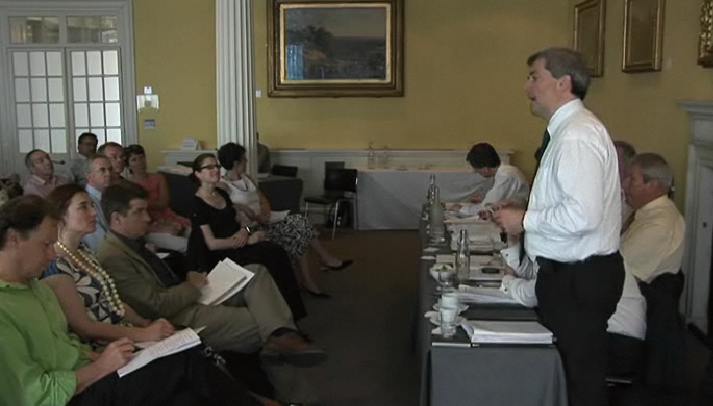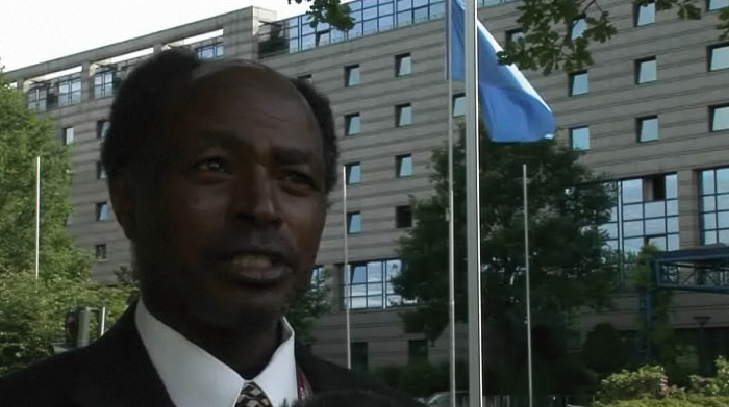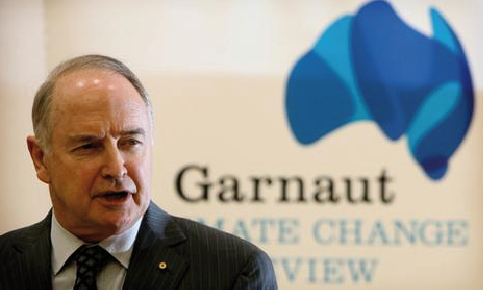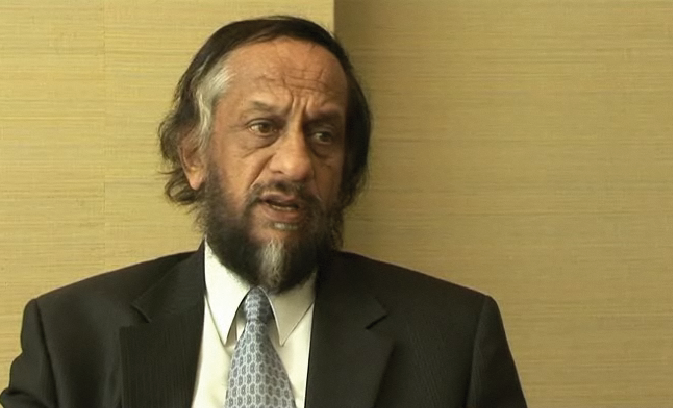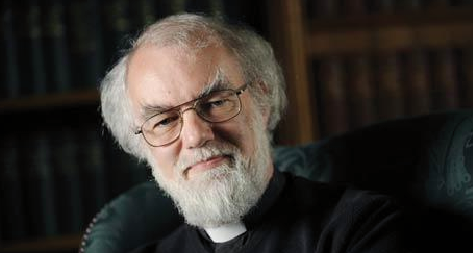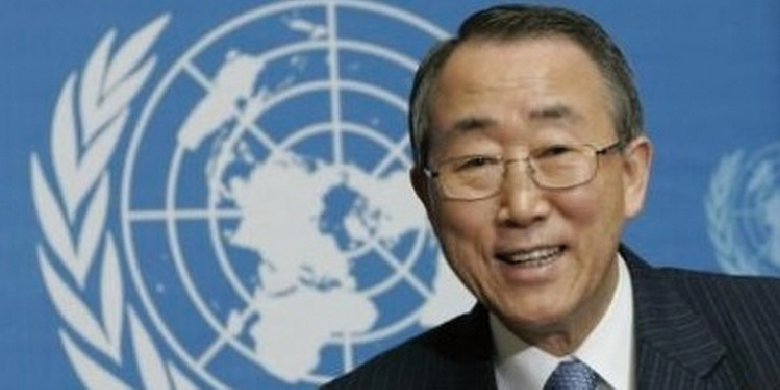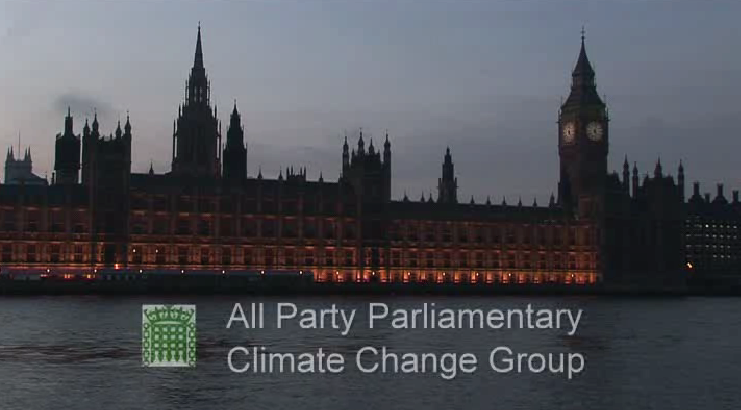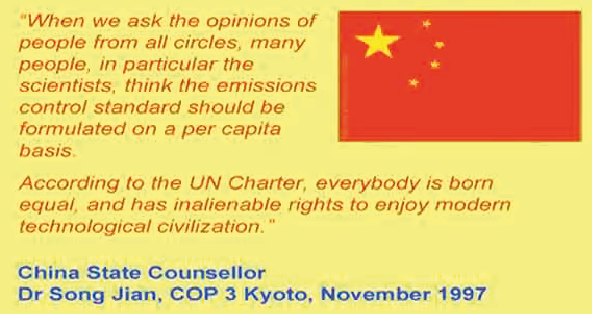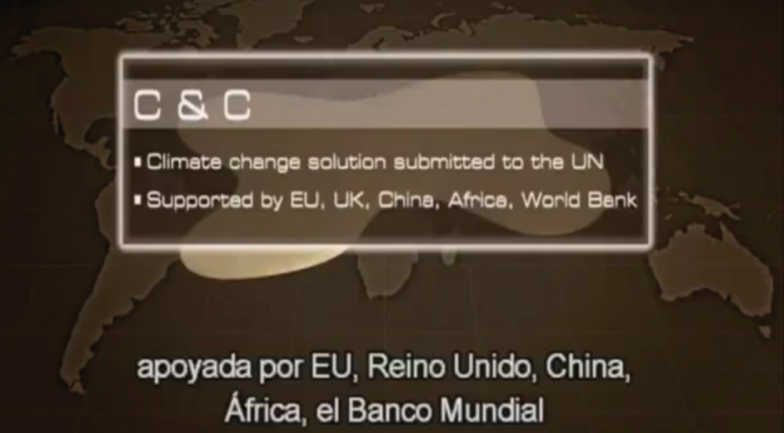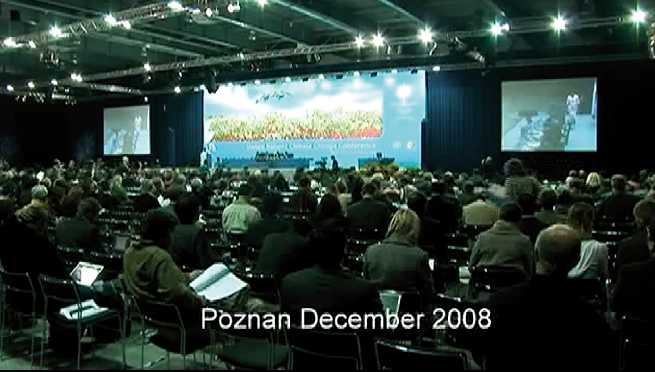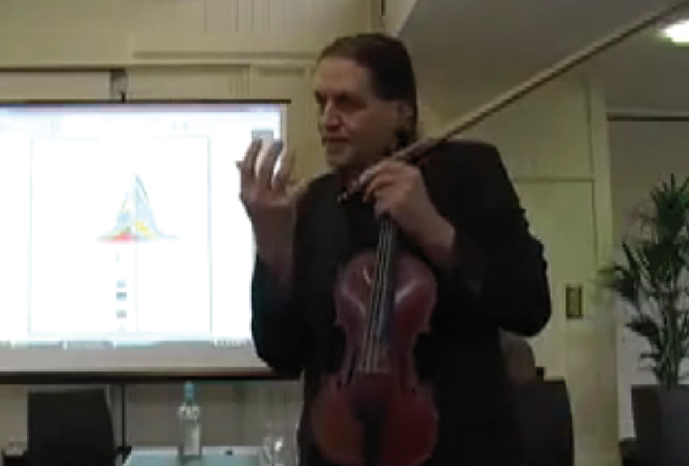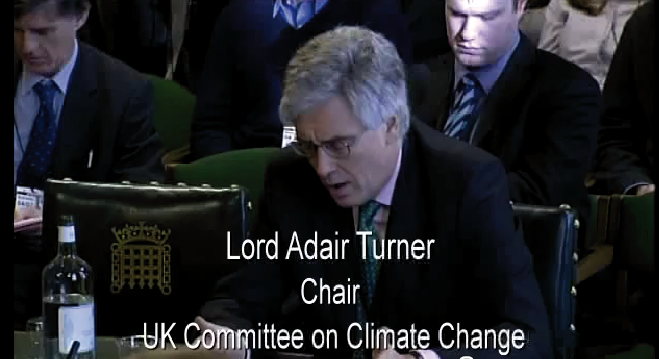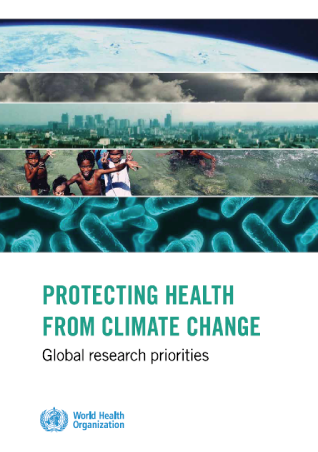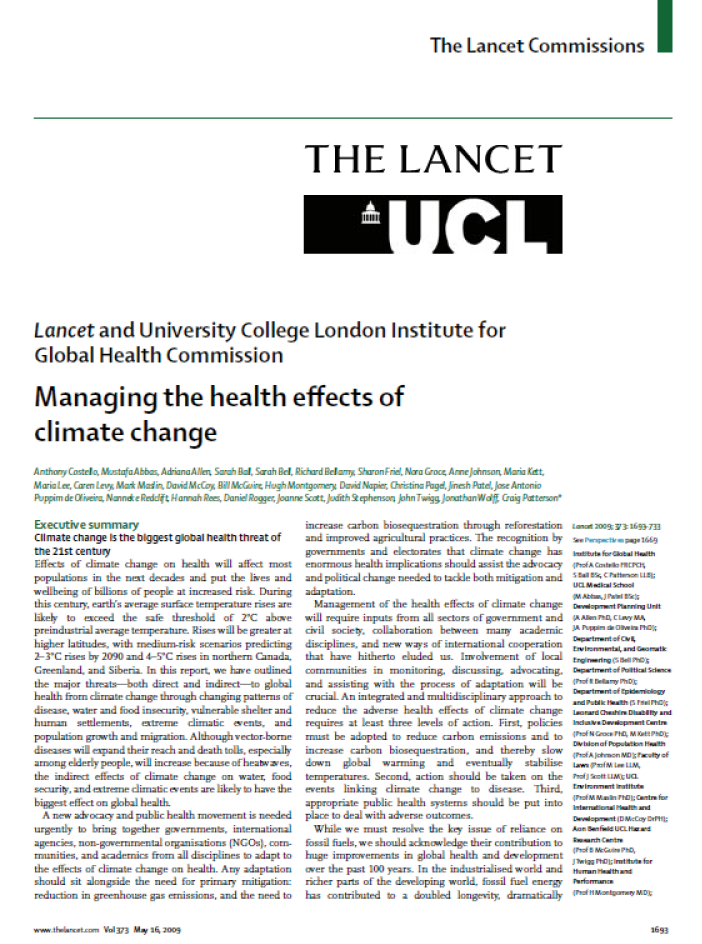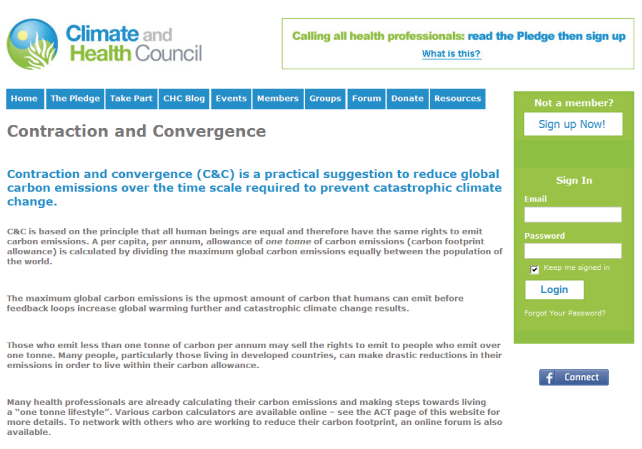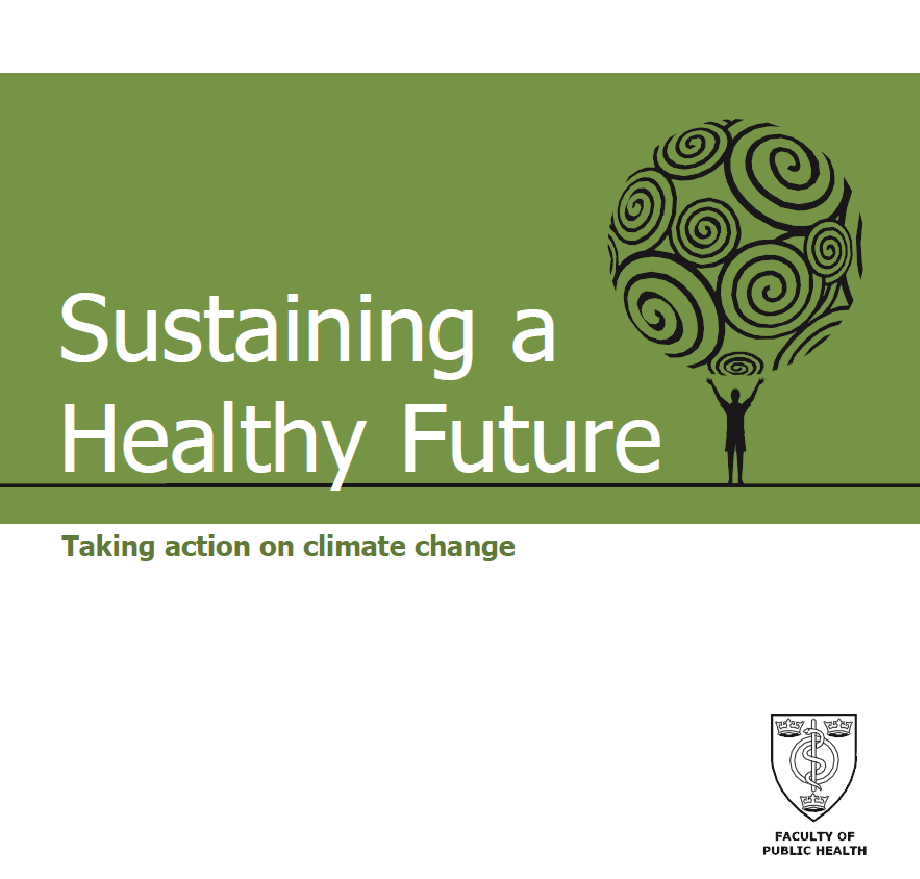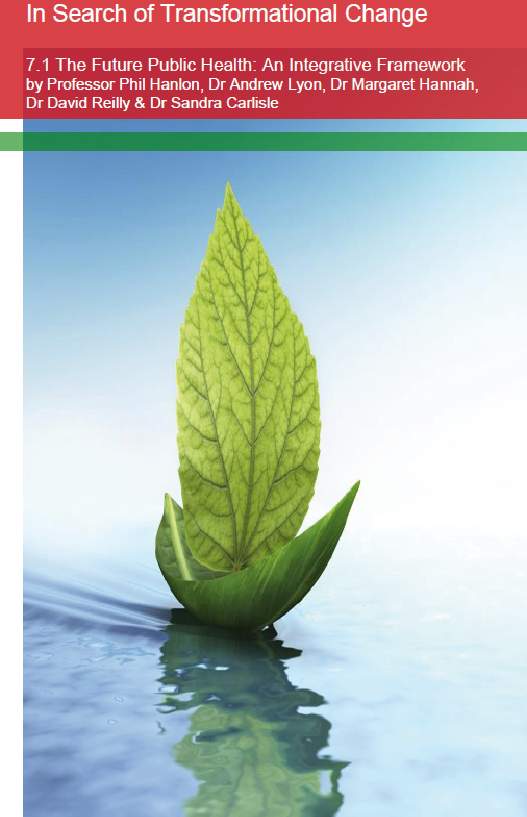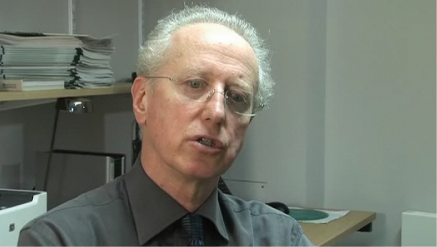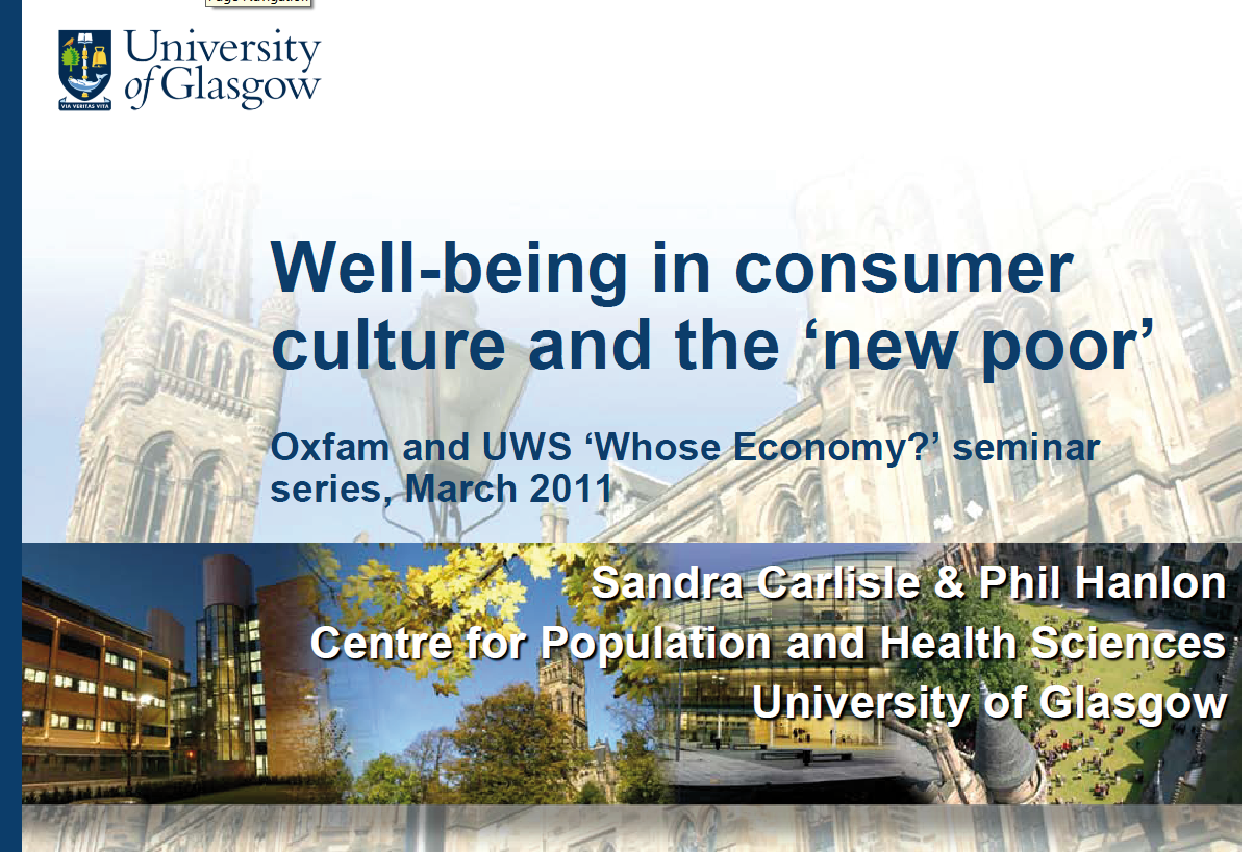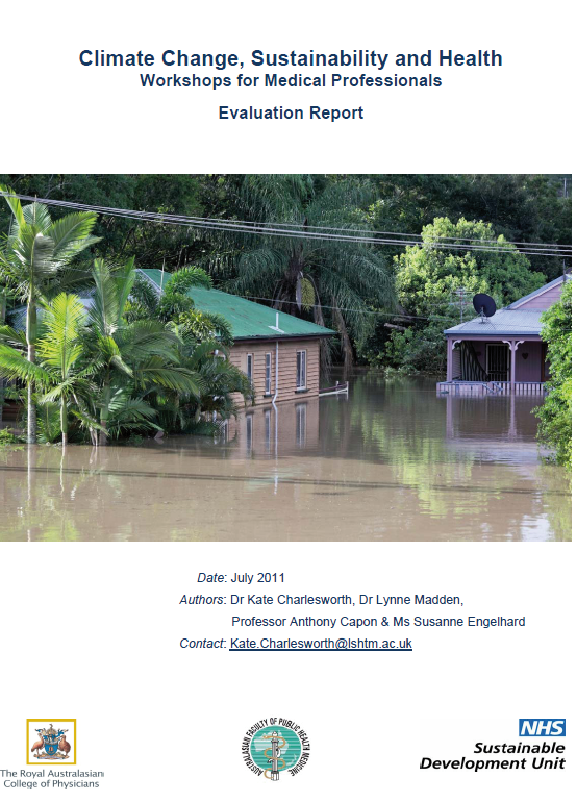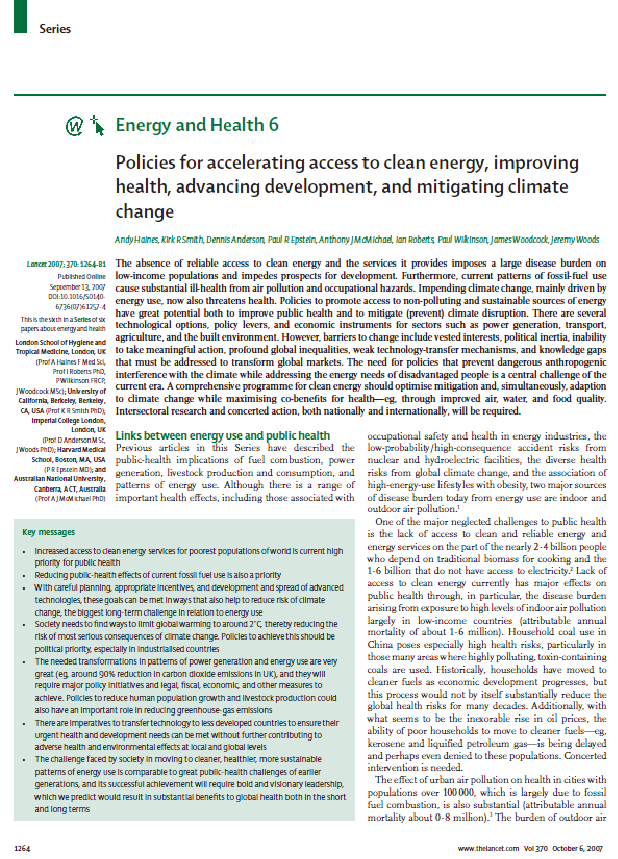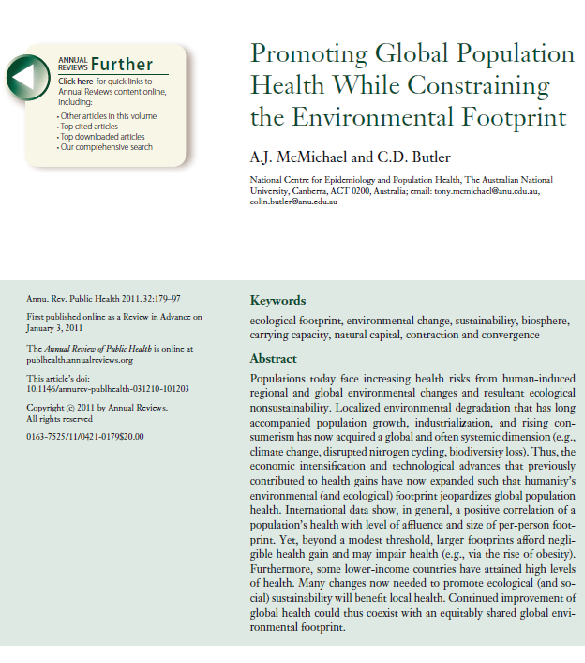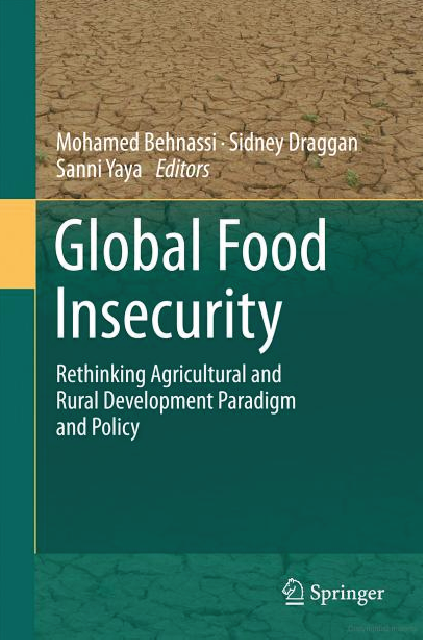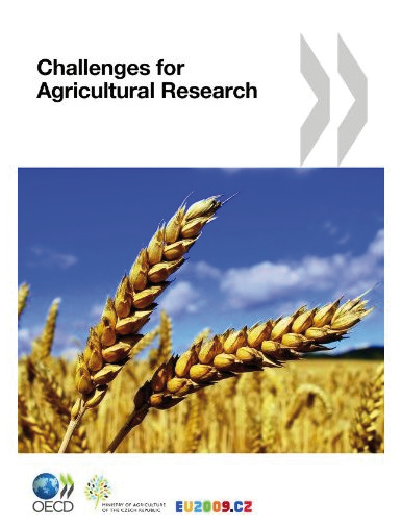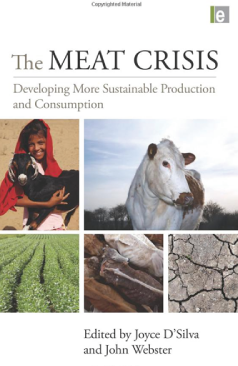To Dr Ian Roberts,
Author of best-selling "The Energy Glut"Dear Ian
I do know that none of us want to see or look at this . . . .
You were truly admirable for speaking out the way you did yesterday at the BMJ Climate Conference with the Medics for 'Public Health' and the Military for 'Security'. As you told the Military, them telling the Medics the Military campaign in Afghanistan was 'humanitarian' was indeed Orwellian.In the event the best of what the Conference had to say was how terrible it all is, and oh dear, what are we going to do? Can we invent a story or come up with a strategy - perhaps Adam and Eve to accommodate the newly revealed Christian fundamentalist Tom Burke from Rio Tinto Zinc?
We've been doing this for the last 20 years. So your interventions for the C&C strategy were very effective - well done.
Dr Ian Roberts speaking on C&C
at the Medics/Military Conference at the BMA Monday 17th October 2011“We know the problem. We know we’ve got to mitigate climate change and we have to think of the policies that’ll take us there. Now the only rational, ethically defensible policy that is serious and on the table so far, is ‘Contraction and Convergence’. We know that there’s a certain amount of space left in the atmosphere that we can put carbon dioxide into. We can work out the quantity and say ‘well who’s got the right to put it there?’Well of course it’s going to be equal per capita shares. So we have to share out the entitlements to put carbon dioxide in the environment. So high-income countries have got to reduce; lower, middle income countries can increase a bit; but eventually we’ll converge to a level and then we’ll have to reduce eventually until are carbon dioxide emissions are zero. So that’s called ‘Contraction and Convergence’. It needs to be talked about everywhere. It’s the most important policy that has ever been mooted to save humanity.”
Your view obviously had support from speakers Dr Andy Haines, Dr Anthony McMichael, Dr Anthony Costello, Bill McGuire, Chris Huhne and many more beyond the conference itself. Moreover, its important to recall the support from so many medics especially the individuals who signed the letter to Chris Huhne [himself a supporter] at the bottom of this page.
Moreover, Jon Snow [Chairing and also a supporter] did say we must tweet - so here's a tweet . . . about what the Military and their stooges from Rio Tinto Zinc had to offer . . .
. . . and for what its worth, the GCI Web-site got 1.5 mill hits over the last 12 months, so who knows, your message and this context may actually get read a bit . . .
Regards
Aubrey
"We have a huge moral dilemma.
C&C is a simple and attractive idea and a wonderful way of achiveing fairness and sustainability."
Dr Anthony McMichael speaking on C&C
at the Medics/Military Conference at the BMA Monday 17th October 2011
"Climate change is a formidably difficult problem. We have to simply the message.
I have always liked Contraction and Convergence. Its where we've got to get to."
Dr Anthony Costello speaking on C&C
at the Medics/Military Conference at the BMA Monday 17th October 2011"Contraction and Convergence should be on the agenda at climate change negotiations.
It is a principled stand that addresses the profound inequalities in public health and access to energy."
Dr Sir Andy Haines speaking on C&C
before the Medics/Military Conference at the BMA Monday 17th October 2011"In the context of the international framework, the All Party Group group supports the morally compelling logic of Contraction and Convergence."
The [now] Rt Honorable Chris Huhne MP speaking on C&C
Well before conference at the BMA Monday 17th October 2011"He is a good gentleman. He's been on this issue for years and he's not giving up.
If we had all been as strong as Aubrey we would have achieved very high levels."
"The C&C concept and campaign has created a global standard that is now widely recognized as an oustanding and essential contribution to the global debate on what to do avoid dangerous rates of climate change.
It is a rational, flexible and transparent concept that holds out the best hope of all urgent proposals that might form a basis of an environmentally and economically rational global agreement on climate change mitigation.
C&C was at the core of the proposals for international agreement that are part of the Garnaut Climate Change Review, commissioned by and presented to the Australian Prime Minister."
Prof Ross Garnaut, Professor of Economics at the Australian National University
Vice-Chancellor’s Fellow and Professorial Fellow of Economics at The University of Melbourne.
"There is growing acceptance of the C&C principle as the only means of ensuring that we stay within emissions budget. We need to start putting this into practice as early as possible."
The Chairman of the IPCC Rajendra Pachauri speaking on C&C
Well before conference at the BMA Monday 17th October 2011
"With persistence and ingenuity, Aubrey Meyer has done an amazing job.
The C&C principle should be reflected in the UK Climate Act."
Sir Crispin Tickell endorses C&C
as a 'legal and intellectual framework'"In the UK Climate Act we have endorsed the C&C principle.
Its pretty strong support for what Aubrey Meyer has said."
The Chairman of the UK Climate Change Committee Adair Turner
Confirms to Parliament that C&C is embedded in UK Climate Act"We only have on or two decades before the situation becomes catastrophic.
C&C is the only mechanism we have to address this problem in time."
Prof Bill McGuire endorses C&C
as the only mechasim we've got that can solve the problem in time
"Anyone who thinks C&C is Utopian simply hasn't considered the alternatives honestly."
Rowan Williams - Archbishop of Canterbury
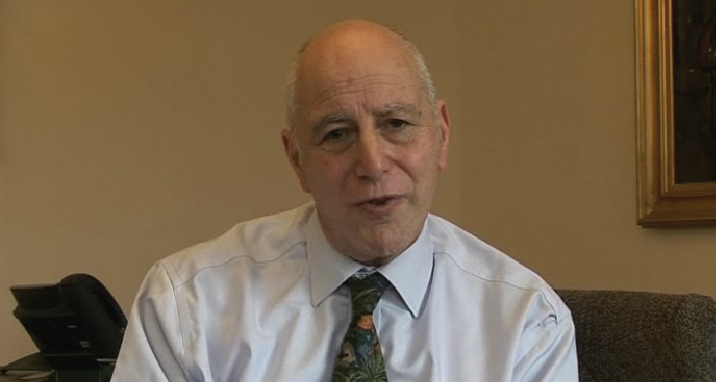
Rabbi Jeffrey Newman agrees with Archbishop Rowan Williams
Dr Robin Stott on Contraction and Convergence
"A science-based framework that makes sense".
“The framework of contraction and convergence provides a flexible methodology to address the problem of allocation of emission rights. The contraction of overall world emissions pursued along with the convergence of countries’ average per capita emissions, allows developing countries to partake of the carbon budget. The per capita entitlements approach is an effective one in that it takes into account historical responsibility and is based on the egalitarian distribution of the commons, within which international justice positions of causal responsibility such as the ‘polluter pays principle,’ come in."
Ban Ki Moon Supports Contraction and Convergence
Chris Mottershead ex BP. "BP needs to hold itself accountable to the ethical implications of C&C"
Grace Akumu Climate Network Africa on Contraction and Convergence.
"The current Kyoto Protocol is devoid of anything called equity. We would like to rally African Governments to support the concept of Contraction and Convergence. Our interest lies therein."
Alex Evans on C&C
December 13th 2010
Post-mortem on Cancun by Aubrey Meyer, Director, Global Commons Institute (GCI)
Convergence faster than Contraction from Aubrey Meyer on Vimeo.
Convergence Accelerated Relative to Contraction Video Selection from Vimeo
Full Flash Animation for download and user determined viewing here
A wonderful site about Transformational Change.
In this video Professor Phil Hanlon suggest that if we are to transcend the problems of modernity we will have to understand why we are in our current predicament. To do so, he explores Plato’s idea that human beings naturally integrate the true (science), the good (ethics) and the beautiful (aesthetics or art). We still do this in our own private lives but modernity has allowed a perverted version of one of the three (a reductionist and numerically driven version of science) to eclipse the other two in spheres like government and organisational life. The result is scientism and economism. If we are to achieve transformational change, we will have to learn how to reintegrate the good, the true and the beautiful. To that end he links to C&C and proposes a new six component framework which captures not just current science, ethics and aesthetics but also accommodates the emergent dimension of each domain.
Philip Hanlon
Professor of Public Health of Glasgow University
Pythagorean Earth:Venus Orbits of Sun
APPGCC - Colin Challen and his colleagues speak on C&C.
Risk- C&C risk-analysis and a variety of C&C supportive comments.Demo - short C&C movie demo - credit to www.tangentfilms.com
What is C&C?
Short clip from the movie 'The Age of Stupid'
Thoughts and a bit of Bach G Minor Violin Sonata at the Eden Project
C&C Campaign - Where it came from and where it was going around the time of COP-14 in Poznan
Do Lectures - Do more of less - Aubrey Meyer
Ex concert musician turned climate thinker. In 1989 Aubrey put brackets around a career in music and started a campaign to establish Contraction and Convergence as the internationally proportionate response to climate change. Contraction & Convergence is a response to the objective of the United Nations Framework Convention on Climate Change (UNFCCC). It is a rational, science-based global framework to share the removal of CO2 emissions globally at a rate where we solve the problem of climate change faster than we are creating it.
Big Picture -
Interviews about C&C
Recent mini-documentary -
on C&C at COP-15
Crisis Forum -
the Economics of Genocide
The UK Climate Act is pretty strong support for what he's saying.
Joan Walley questions Adair Turner on C&C in
Tthe House of Commons Enquiry in the UK Climate Act
Audio-Visual concept where C&C is a "Well Tempered Climate Accord"
Elegy People and Planet facing climate change
From the world's premeire forensic throbgoblin Marc Roberts
Contraction and Convergence was formulated by Aubrey Meyer, and is promoted by the Global Commons Institute. www.gci.org.uk. Under C+C rules, carbon trading still occurs, but unlike with the Kyoto protocol, every country in the world is obliged to reduce their fossil fuel use. This prevents "carbon colonialism", where rich nations cherrypick the cheap carbon offset deals from the Majority World. Instead all nations institute their own indigenous carbon reduction programmes, and surplus capacity is traded for a fair price.
Funny Weather - Kate Evans

At the event what the Military said in total was: -
Fuel efficiency: - '12 inches per gallon to run an aircraft-carrier', [i.e. Get used to it]
Renewables: - 'there is solar-recharging of US-mobile-phones in Afghanistan' [i.e. Sorted - Relax]
The mission: - 'Greening Killing' - 'we're on a Humanitarian Mission in Afghanistan'. [i.e. Shut Up]Orwellian and obscene. In fact . . . 'our boys' are in Afghanistan - on an obscene "Humanitarian Mission" where long-range shooting WOGS in the desert one-at-a-time from state-of-the-art Apache-Helicopters by launching Hell-Fire missiles at £60,000 a piece is, "worth every penny" . . . and is "better than sex". At Nuremburg, leading Nazis were tried, convicted and executed for I.A. running the death-camps on related 'values'.
Please don't doubt it. This documentary footage of this humanitarian mission was broadcast yesterday on Channel 4, see here [Comments in quotes fully audible - Tits-bums-nudity-obscenity fully on view].
With the brokerage of Dr Hugh Montgomery, the Medics appear to have inhaled the malignant scent of Whitehall and effectively begun a Mephisto-Alliance with UK Military Power and its Humanitarian Mission in Afghanistan. Remember, at the conference, calling for an across-Government strategy, the Military assured everyone they were, "only carrying out orders."
As you said, it was Orwellian. What a role model for the medics. Then a man said his strategy was to come up with a strategy [!] [which would be to come up with a strategy [?] . . . . might this be for 'Hell-Fires' to become available on the newly privatised NHS?].
Also, and exactly as predicted [below], Tom Burke from E3G and those well-known medics [the biggest mining conglomerate on the planet, Rio Tinto Zinc] scripted to rubbish C&C from the platform, duly did this: -
"C&C is a beautiful model that has nothing to do with reality".While allowing the top Civil Servant Sir Michael Jay the right to evade C&C from the platform - by dismissing it as 'jargon' - no right of reply from Chair Martin Frick [also from E3G] was permitted. So much for vigorous debate promised by organisers Fiona Godlee and Hugh Montgomery. Moreover, this was all after we had heard Tom Spencer of 'Environmental Security' also telling us that the only two professions left that are still trusted are the medics and the military!
The Body-Mass-Index [BMI] of both of this Tom-Tom pair would be in the region of 30 a-Tom; this is what the NHS says about BMI 30 - "it means you are in the very overweight or obese category. Losing weight would make a big difference to your health - you might want to speak to your GP about the best way to do this."I suggest they need to read your book "The Energy Glut" as the following is the kind of corpulent clap-trap that comes from this conspicuously visible exemplar of our obesogenic society, Tom Burke.
When I spoke with him afterwards I said: -
[1] You appear to ignorant that C&C is embedded in UK Climate Act and has a lot support I.A. amongst MedicsTom Burke simply scoffed at this.
[2] Likewise that DECC took the C&C rates prescribed in the Climate Act to COP-9 Copenhagen and sought to impose these on the world. When this prescription utterly failed, they publicly blamed the Chinese
Tom Burke simply scoffed at this too.
[3] Also that the Chinese Government had issued a statement 5 months in advance of COP-15 saying they agreed with the C&C approach but their starting position was to note the difference between [a] per capita emissions per se and [b] per capita entitlements to emit and that convergence of [a] by 2050 should be attended by immediate convergence for [b].
Here Tom Burke accused me of lying - a revealing insult to cover the fact that he obviously hadn't done basic homework.
[4] So I offered him the link to the document
Whereupon he changed tack and accused me of being credulous by 'believing Government' saying "I have no wish to debate this with you!" to which I responded, "you have no wish to debate this at all you corpulent corporate idiot!"
I said I believed the Chinese no more or less than I believed E3G/DECC/HMG.
As I indicated to the organisers prior to the conference, choosing Tom Burke was an inappropriate choice. He has an under-informed and irresponsible view-point - see below. Now he reveals he's a fundamentalist Christian.
He deserves censure not a platform for the above.
~~~~~~~~~~~~~~~~~~
Re BMJ Climate Conference Monday 15 10 2011
Dear . . .
As you a speaker at this event, please may I bring the following concerns to your attention.
It certainly makes much sense and is a welcome development that the medics and the military should come together to share public health and security concerns about climate change at this event on Monday. I have no doubt about that Strategy has primarily to be 'prevention', the military are 'strategic', C&C is 'strategic' and the medics and dietary advisors have been exemplars of C&C. C&C acceptance is now very wide also see recent Ross Garnaut quote below.
That said, I am concerned by the structure of the event regarding 'policy and politics' and the position of some of the speakers in this session. The 'policy and politics' session [the only bit of 'strategy' in the event] has made the well-known C&C antagonist Tom Burke the key-note speaker in this session. Moreover, Tom has close links to the 'capital and technology' approach of the E3G-Chair of that session [Martin Frick]. They [especially Tom Burke] completely ignoring the reasons for the political stand-off at the UNFCCC, have repeatedly stated, 'do you not understand - C&C is not an input, it is simply the outcome of everything we do'.
This is avoidance and irresponsible, as all the evidence says completely otherwise. What is happening is the continuation of expansion and divergence. GHG emissions and concentrations are still rising globally and politically and climate damages are increasing at twice the rate of growth. Moreover, at the UNFCCC negotiations, we are all still hostage to the now 20-year long and ever more acrimonious stand-off between the US and the Chinese on this battle over the rates of C&C that are needed for UNFCCC-compliance.
DECC's supposed 'peace-formula' at COP-15, was to prescribe - rather that invite a negotiation of - what Ross Garnaut has called "the main equity lever" - Ross was referring to negotiating the rate of convergence on equal per capita emissions entitlements. Tom Burke repudiates that and literally what DECC did with the 'Danish Draft', was to prescribe globally the rates of C&C that are in the UK Climate Act where they and the core-group of Governments prescribed that under this global GHG emissions budget, the world will converge on equal per capita emissions by 2050 - see detail here and here [Chapter 8]
This is like the Jefferson and co. saying in the American Revolution, "lest we hang separately, the rights are self-evidently equal between all men - but to be gradually phased in over a convergence period of forty years" [King George and the UK's colonialist Government would have cracked up at this].
Unsurprisingly, DECC's prescription of the rates of C&C was completely rejected by all Developing Countries, as it prescribed that convergence will only be complete when 80% of that global budget has been used up in 40 years time.
For Monday's conference between the Medics and Military, the operative point is that while the C&C principle is almost universally accepted now [certainly with the help of the medics], two years on, the Chinese are still being blamed by DECC for the failure at COP-15 for rejecting that rate of convergence.
So now, on sight of the letter to Ban Ki Moon [attached], a section of the Chinese Government has written to GCI. They pointed out that they published their view on the rates of C&C in July 2009 [well before COP-15]: -
And they have now said we are in agreement with C&C and what GCI has done with it and the 'accelerated convergence' argument over 20 years asking 'can we cooperate'? Hence the article commissioned by the Guardian for the end of the month and the letter below [at the Guardian's suggestion] to DECC.
It would be a pity if at the event on Monday, the Medics were unwittingly subsumed in DECC's global prescription for convergence by 2050 and blaming the Chinese for UNFCCC-failure and the climate-disaster that attends exceeding two degrees Celsius which is what follows from continuing this stand-off. Seems central to me that: -[1] the medics should specifically encourage the negotiation of this key equity issue [the rate of convergence -see letter to Ban Ki Moon] and
[2] specifically discourage the prescription of this key equity issue.
I hope you agree with this and will encourage support for this approach at the event on Monday. I see that you are speaking at this session at 09.20 which comes before the session at 16.00 where Tom Burke addresses 'Policy and Politics'. Perhaps that is an opportunity to do that.
With kind regards
Aubrey
CC Terry O'Connell GCI Dir Corporate Relations, Ross Garnaut who was recently reported as saying correctly:"One was his call for Australia to show it would be ready to make cuts greater than 60% by 2050 if negotiators broker a truly effective global agreement involving all major developing countries. The other was his response to a question in which he indicated 'contraction and convergence' 'the concept of equal per capita emission entitlements' will play a key role in determining how nations share the global burden of reducing carbon emissions. Developing countries are unlikely to commit to a deal that 'doesn't emphasise this', he said."
The two attachments here are: -
- [1] Guardian article - 30 10 2011
[2] GCI Letter to Ban Ki Moon - When the Chinese Government read this they asked for collaboration.- The letter to DECC is at the bottom of this email.
~~~~~~~~~~~~~~~~~~~~~~~~~~~~~~~~
MEMO Re The BMJ Event Monday: -
Key message : - Negotiating and not 'prescribing' International Rates of Convergence with C&C at COP-17.
- Medics should recall they are on record as showing strong support for the 'right principle' of C&C.
- They also should be aware that the Chinese also support the 'right principle' of C&However, the medics also need to be aware [they may or may not be - I don't know] that: -
- The Chinese don't support the 'wrong rates' of C&C [converge by 2050] as 'prescribed' at them by DECC et al at Copenhagen COP-15 in 2009.
- These rates of C&C - particularly convergence by 2050 - were vociferously rejected by all Developing Countries at COP-15.
- This didn't stop DECC Minister at the time [Ed Miliband] from coming home and blaming the Chinese Government for the failure at COP-15 [!].
- The Chinese did not appreciate outragesouly being blamed for failure at COP-15.
- Not least because DECC et al refused to even recognize they had suggested negotiating faster convergence in July 2009: - [see below].
- On sight of the letter to Ban Ki Moon [attached] and Chap 8 of the link here the /Chinese Gov't got in touch with appreciative comment, seeking 'cooperation'.
- My feeling is that Medics really also need to be aware that: -
- As we go to COP-17, DECC have not shifted at all sinc COP-15 [if anything HMG - George Osborne - is arguing for even slower convergence].
- DECC's approach suggests that C&C is a weapon of dictatorial prescription [do what we say or you get the blame for failure].
- With their C&C advocacy, the medics themselves face now the danger of being subsumed in DECC's 'prescribe and blame the Chinese' agenda,
- And that to avoid being captured by all this, Medics need to make their C&C position clear [and negotiation of accelerated convergence etc].
As things stand for Monday, with the only bit of 'policy relevance' being the well-known C&C opponent *Tom Burke* at 16.00, this event carries the danger of a double-jeopardy to me: -
- medics and the military get married over dead bodies everywhere, hazards and how dreadful it all is and
- with Tom Burke on the agenda yet no *C&C/prevention*, medics may see their new partnership with the military drift into the arms of 'blame-the-Chinese' civil servants at DECC, for daring to suggest that a faster rate of convergence might be a way of agreeing how to avert the impending disaster that attends going above two degrees.
My view is that: -
- This is an outcome that should be avoided, and
- Tto avoid it voice needs to given clearly to these concerns at the event.
It was never my intention, over the last 20 years of defining and winning the use of the C&C negotiating principle that it should be transformed by UK and European civil servants into *yet another* instrument of instructing, instructing and oppressing developing countries.
~~~~~~~~~~~~~~~~~~Contraction and convergence
"Since the principle of ‘contraction and convergence’ was first proposed by the Global Commons Institute in 2000, it has been widely embraced by some industrialised countries. Under contraction and convergence, each country will start out with emission entitlements equal to its current real emissions levels, and then, over time, converge to equal its per capita entitlements, while the overall global budget contracts to accommodate the emissions reduction objective. The convergence principle should be applied immediately rather than later as the ‘converged point’ in the future. ‘Real emissions’ is a different concept to ‘emissions entitlement’. A country’s high/low per capita real emissions cannot justify its high/low emission entitlements. In the process of convergence, the rights and interests of country B are really infringed by country A. In the NEA-based solution, the concept of convergence can still be incorporated, but it now merely means ‘convergence of real emissions’ rather than ‘convergence of emission entitlements’. Each country’s gaps between its emission entitlements and real emissions need to be balanced by the traded emissions quotas."
Greenhouse gas emissions reduction - a theoretical framework and global solution
Development Research Centre of the State Council of the People’s Republic of China 2009~~~~~~~~~~~~~~~~~~
Date: Wed, 12 Oct 2011 11:00:20 +0100
To: nick.turton@decc.gsi.gov.uk
From: Aubrey Meyer <aubrey.meyer@btinternet.com>
Subject: C&C
Cc: ps.chris.huhne@decc.gsi.gov.ukDear Mr Turton
Damian Carrington gave me your name and address at DECC. As Environment Editor of the Guardian, he has commissioned me to write an opinion piece on the UNFCCC-negotiations with an eye on COP-17 Durban/December. It is for publication at the end of this month.
This letter is an invitation to you/DECC/HMG to offer - should you wish to - any comment relevant to what is laid-out below.
As the author/advocate of GHG emissions 'Contraction and Convergence' [C&C] over many years at the UNFCCC it is from that perspective that the article for the Guardian is being written.
While HMG has put the inclusive C&C organizing principle at the heart of the UN Climate-Act and prescribed a set of rates for this, it was also party to a group of Governments that attempted [unsuccessfully] to win global acceptance of these rates of C&C at COP-15: -
Non-acceptance at that time turned on the issue of the rates of C&C that were prescribed by that group and not on the principle itself. Indeed, on sight of GCI's recent letter to Ban Ki Moon an agency of the Chinese Government has been in a conversation with GCI on exactly this point, where they stress the issue of 'per capita emissions-entitlements' [as distinct from per capita emissions per se] and the need to negotiate [rather that prescribe] a more accelerated rate of convergence of per capita emissions-entitlements globally than that prescribed at COP-15 by the group of Governments of which DECC was a part. This is seen as a redress on the matter of so-called 'historic-responsibility'. This has high-level support, as is clear here
You will also see here evidence that the Right Honorable Minister at DECC, Chris Huhne MP and his Liberal Democrat colleagues, Deputy Prime Minister Nick Clegg and Business Secretary Vince Cable have publicly endorsed C&C while in office, as it is a commitment in their Party Manifesto. So I imagine - and certainly hope - they will see the opportunity of making a little more common cause with the Chinese Government at the UNFCCC negotiations this way and that they will take it.
Many others have too
A similar letter to this, also inviting a response on the record, has been written to the Chinese Government.
Any responses from yourselves and/or them by the 26th of October will be reflected in the article.
With kind regards
Aubrey Meyer
GCI
"The few studies that are now beginning to assess the health consequences of decisions aiming to mitigate or adapt to climate change use very different analytical methods and assumptions, even for very similar challenges. There is a need to develop more generic guidance on conceptual frameworks and methods in order to improve comparability, and assist decision-makers to achieve the greatest health “co-benefits”, and avoid harm. This should cover the full range of potential decisions, from the “macro” level for example global contraction and convergence in carbon dioxide (CO2) emissions; carbon pricing policy and incentives), to more local and sector specific decisions (e.g. city-level policies to promote public transport, or to protect a natural watershed)."
Protecting Health from Climate Change
Global research priorities
World Health Organisation 2009
"Carbon emissions must be reduced to avoid the worst outcome of the climate change. Developing economies need rapid economic development so that no country, community or individual is too poor to adapt to climate change. The principle of 'contraction and convergence', conceived by the Global Commons Institute, UK, considers the need to pursue both these actions, reducing global carbon emissions and ensuring economic development of underdeveloped countries simultaneously."
WHO South East Asia
Climate change is a fundamental threat to human health
Ensuring synergies
The Commission on Social Determinants of Health’s call “to bring the two agendas of health equity and climate change together”2 requires specific attention. The potential tensions between reducing emissions and creating equitable policies require strategies that keep both goals at the forefront to identify and exploit synergies and co-benefits. Essential conditions for achieving health equity and climate goals can be identified. First, strategies must adhere to key principles, including the fair sharing of burdens embodied in the United Nations Framework Convention on Climate Change’s language of “common but differentiated responsibilities” and the World Health Organization constitution’s declaration that all people have a right to “the highest attainable standard of health”. Principles must also include a commitment to intersectoral action to achieve “health equity and climate change in all policies”. This provides a further driver for the differential approach to mitigation whereby developed countries contract their emissions while developing countries converge theirs to allow the development that is fundamental for health equity. Second, specific policies need to be carefully designed and assessed. Integrated assessment methods that consider the range of effects on health and health equity can maximize synergies and optimize trade-offs between competing priorities. At the design stage, implementing safeguards and flanking measures, such as recycling revenue from carbon pricing measures, towards health outcomes for disadvantaged groups can help avoid or reduce inequitable effects. Third, further research and continued monitoring and evaluation of policies are required. Interactions between climate policy and health equity are particularly complex and uncertain. Improving health equity is identified as a broad goal of the currently proposed climate change research agenda.9 However, few relevant or specific studies exist. As with all policy, implementation will be necessary without full knowledge of effects and unintended consequences. Success stories and chastening experiences must be shared rapidly and widely to help decision-makers move towards socially beneficial policies. The simultaneous pursuit of climate stabilization and health equity is a political as well as a technical challenge, questioning current economic models in terms of the allocation of resources in society and calling for careful policy design to achieve fairer outcomes. Anyone attempting to improve health equity alongside addressing climate change will need to be as smart as they are well-intentioned.
Natural and unnatural synergies: climate change policy and health equity
Sarah Catherine Walpole, Kumanan Rasanathan & Diarmid Campbell-Lendrum
"Luxury emissions are different from survival emissions, which emphasises the need for a strategy of contraction and convergence, whereby rich countries rapidly reduce emissions and poor countries can increase emissions to achieve health and development gain, both having the same sustainable emissions per person.
Contraction and convergence
Climate change requires two possibly conflicting actions. Carbon emissions must be reduced to avoid the worst outcome of climate change. Poor countries need rapid economic development so that no country, community, or individual is too poor to adapt to climate change. The concept of contraction and convergence, developed by the Global Commons Institute, considers the need to pursue both these actions simultaneously. Contraction and convergence reduce overall carbon emissions to a sustainable level but do so according to an equal share of emissions per person globally. Industrialised countries would dramatically reduce their emissions whilst developing countries would increase theirs to allow for, and stimulate, development and poverty reduction."
Lancet and University College London Institute for Global Health Commission
Managing the Health Effects of Climate Change - Anthony Costello, Mustafa Abbas, Adriana Allen, Sarah Ball, Sarah Bell, Richard Bellamy, Sharon Friel, Nora Groce, Anne Johnson, Maria Kett, Maria Lee, Caren Levy, Mark Maslin, David McCoy, Bill McGuire, Hugh Montgomery, David Napier, Christina Pagel, Jinesh Patel, Jose Antonio Puppim de Oliveira, Nanneke Redclift, Hannah Rees, Daniel Rogger, Joanne Scott, Judith Stephenson, John Twigg, Jonathan Wolff, Craig Patterson
Contraction and Convergence [C&C] is a practical suggestion to reduce global carbon emissions over thetime scale required to prevent catastrophic climate change.
Climate and Health Council
An extensive network of Doctors and Health Professionals
Contraction and convergence
Contraction and convergence is a global framework – not yet adopted by the UK government – for tackling climate change through the equitable allocation of carbon rations. The ‘contraction’ component entails setting a global carbon budget, reducing or 'capping' this annually to an agreed level so that the planet's climate once again gains equilibrium. ‘Convergence’ entails giving an equal entitlement of the capped carbon to each of the four billion or so adult inhabitants of the globe. The disadvantaged – generally low carbon emitters – will have entitlements which would allow for economic and social development or which they could sell to high carbon emitters ie. richer, developed countries. The framework implies both carbon rationing and carbon trading. Contraction and convergence is viewed by many as central to discussions on tackling climate change and sustainable development because of its focus on equity - see
Sustaining a Healthy Future - Taking Action on Climate ChangeThis publication has been endorsed by:
Association of Directors of Public Health
British Trust for Conservation Volunteers
Chartered Institute of Environmental Health
Climate & Health Council
Commission for Architecture and the Built Environment
Institute of Public Health in Ireland
Local Government Association
Neil McKay, Chief Executive, NHS East of England
National Heart Forum
NHS Confederation
Royal College of Physicians of Edinburgh
Royal College of Physicians of London
Royal Institute of Public Health
Royal Society of Health
Scottish Healthy Environment Network Steering Group
Sustain
Sustainable Development Commission
Sustrans
UK Public Health Association
Produced in consultation with the Carbon Trust
More recently, awareness of the threat of global ecological hazards to human health has seen the emergence of ‘ecological’ forms of public health. A number of different approaches to this topic can be discerned within our discipline (Hanlon and Carlisle 2010). Some, for example, have applied a very traditional scientific model to particular issues that will arise from a given rise in global temperature. Consider, for example, the challenge of ‘contraction and convergence’ (Meyer 2000). This is a concept that has been developed in response to global warming and other environmental threats. The idea is simple. The world needs a contraction in output of carbon dioxide but for all to buy into such an agreement it must be transparently just: hence the need for convergence. Less developed nations must be allowed to develop, which may mean increased carbon utilization, whilst industrialized and post industrial nations must make substantial reductions. However, an ethical framework which ensures global justice and equity while safeguarding the rights of individuals has yet to emerge. This will be a key challenge if the world is not to face runaway climate change and collapse.
In Search of Transformational Change.
The Future Public Health: An Integrative Framework
Prof Phil Hanlon, Dr Andrew Lyon, Dr Margaret Hannah,
Dr David Reilly, Dr Sandra Carlisle
In a recent paper in The Lancet we propose that the world should commit to reducing the global average daily intake of meat, especially red meat from ruminants. This would be part of the evolving portfolio strategy – across various sectors of commerce, energy use and human behaviour – to mitigate climate change. The fairest approach is ‘contraction and convergence’, where the world’s nations agree to reduce average per-person meat consumption (currently just over 100 grams per day) and to do so equitably. High-consuming populations would reduce their intake and low-consuming populations could increase their intake up to the agreed average level.
Contraction and Convergence is Good for our Health
Food Ethics - Tony McMichael
Over the past 20 years the view that human activity is disturbing the normal cycles of climate change has become widely supported by scientists. Fossil fuel burning has amplified changes in greenhouse gasses so that whereas levels of Carbon Dioxide have been below 300 parts per million over the past million years, they are now 380 ppm and rising rapidly. We doctors have explored and documented the likely health consequences of these changes. These are both direct, as in the extension of vector borne diseases associated with warming climates, and indirect, through for example crop failure due to changing weather patterns. The potential for a devastating impact on the health of all peoples is now clear, and if that was the end of the story, we would have reason to be despairing. Fortunately, there is another narrative, a narrative which gives us reason for optimism and a basis for effective action. Tackling climate change by radically reducing global fossil fuel use, but doing this in a way which enables poor countries to have headroom for development, will be of major benefit to health. This health promoting framework for tackling climate change is called Contraction and Convergence - reducing the global carbon emissions, and dividing the residual carbon into equal entitlements for all adults. The consequence for health in our own country will be a phased increase in exercise, improving air quality, the greening of public spaces, and an improving diet with a decrease in meat consumption. When we consider that the majority of chronic disease is due to lack of exercise, inappropriate diets and poor air quality, this essential measure to tackle climate change transforms into an essential measure for tackling chronic disease. More widely the equal entitlement of carbon means that whilst we in the rich countries have to radically reduce our use of fossil fuels, those in poor countries have opportunities to sell some of their entitlement to us, and to use the rest to transform their societies. So ‘Whats good for climate change is good for health.” Through tackling climate change in this fair shares way we deliver benefits to our individual patients and to many others around the globe. The Climate and Health Council, which I co-chair, and of which Tim Ballard is a member, asks you to join us in ensuring that this transformative view of climate change is taken seriously in all negotiations. Go to our website, which suggests a range of actions you can take. In particular we ask you to sign our pledge. 6000 health professionals from many countries have already signed, and by adding your name we will get increasing evidence of our commitment to tackle climate change. We can use this evidence to give our negotiators the courage and space to make the appropriate decisions both nationally and internationally.
Robin Stott - Co-chair, Climate and Health Council
Contraction and convergence
Royal College of General Practitioners
Finally, a word about finances. The pain of this recession is perhaps most severe for poor and working class families living on the edge, but institutions such as ours are by no means immune. With state revenues not recovering as hoped, we can expect further cuts to the University budget. We are at the point of contracting as an institution (and likely as a society). In the climate change world, “contraction and convergence” has been a theme for years—contraction referring to reduced greenhouse gas emissions, and convergence referring to increased equity among nations.
Schoold of Public Health University of Washington
All parties must declare publicly that climate change is likely to have severe negative and public health impacts for the nation through heat waves, extreme weather events and changes in communicable disease patterns. It is the duty of the government and the NHS to protect public health; mitigating climate change, therefore must be seen as a government duty in view of protecting the health of the nation. Therefore to mitigate the adverse health effects of climate change, carbon emissions must be reduced by 80% of the 1990 baseline by 2030 and the UK should adopt the Contraction and Convergence framework of carbon reduction and resource distribution.
Medsin Manifesto 2010
Cambridge
"Many congratulations on the endorsement from the UK Deputy Prime Minister and on your tremendous commitment sustained over many years to an equitable approach to climate action. Politically Contraction and Convergence [C&C] is the only credible approach which could be widely accepted."
Professor Sir Andy Haines
University College London
There are also other ideas and models that can help us think differently and challenge conventional thinking. Perhaps one of the most significant is the concept of "contraction and convergence‟ developed by Aubrey Meyer of the Global Commons Institute, in response to the threat of runaway climate change (Meyer 2000). Meyer notes that the whole world needs a contraction in the production of carbon dioxide - an output of increased industrialisation and economic growth. Rich and poor nations must eventually converge in their carbon production, to avoid catastrophe. Less developed nations must be allowed to develop – so their carbon use goes up - whilst industrialized and post industrial nations must make substantial reductions.
OXFAM Briefing - Well-being in consumer culture and the New Poor
Sandra Carlisle and Philip Hanlon
Participants in the NHS SDU Climate Change, Sustainability and Health Awareness & Advocacy Project, were asked to address the question, "Contraction and convergence’ addresses multiple global challenges."
In 2010, as part of its organisational development strategy, the SDU (with financial support from the Department of Health, England) developed and piloted an educational intervention on sustainable healthcare. The intervention was a 4-hour, train the trainer session on climate change, sustainability, health and the NHS. It was delivered to more than 200 UK Faculty of Public Health registrars, in 15 separate sessions, between February and April, 2010. Outcomes were evaluated in three areas: awareness, advocacy and actions, which acted as surrogate measures of knowledge, attitudes and practices (KAP). Comparison of baseline and post-intervention questionnaire scores showed statistically significant improvements (based on a 4-point modified Likert scale) in both awareness (mean increase 12 points) and advocacy (mean increase 9 points) scores. Framework analysis of the qualitative data relating to the ‘action’ objective revealed useful learning points. Background to the Australian Project. Dr Kate Charlesworth, an AFPHM Trainee currently based in the UK, was employed at the NHS SDU as a Public Health Researcher in 2010. She was the lead on this project and facilitated the 15 workshops.
Climate Change, Sustainability and Health
Evaluation Report of Workshops for Medical Professionals
"A simple and transparent policy framework for reducing greenhouse gas emissions: If such a framework was implemented, then not only would it ensure that atmospheric levels of greenhouse gases were kept to within a safe level, but all of the steps suggested in the earlier chapter of this book would become the easy options, as they would for everyone else around us. The policy is called Contraction and Convergence and it was devised by the Global Commons Institute. The principle of contraction and convergence has been endorsed by governments, non-governmental organizations, environmentalists, scientists and religious leaden around the world. You can get some idea of the range of individuals and organizations that support the principle from the Global Commons Institute website. It reads like an international Who’s Who of the great and the good. In fact, according to the UK government, the only group that is not convinced about the merits of the approach is the public."
The Energy Glut
Ian Roberts on C&C
The wide international inequalities in greenhouse-gas emissions will need to be addressed not least because developing nations are unlikely to accept their continued existence and, if the world’s population had the same per-head emissions as, for example, the citizens of the USA, the consequences would be profound. For this reason the concept of contraction and convergence has been proposed, which aims for equal per-head emissions over time. This aim requires choosing a stabilisation target and a date for convergence in per-head emissions between countries. Stabilisation at 450 ppm CO2e and convergence by 2030, for example, would necessitate reductions of per-head emissions of 90% for many developed nations (around 95% for the USA).
Energy and Health 6, The Lancet - Policies for accelerating access to clean energy, improving health, advancing development, and mitigating climate change - Andy Haines, Kirk R Smith, Dennis Anderson, Paul R Epstein, Anthony J McMichael, Ian Roberts, Paul Wilkinson, James Woodcock, Jeremy Woods
A key question arises here for high-income countries. Can they sustain their population’s health while reducing their markedly oversized EFs to a level compatible with the needs of global environmental sustainability? This question is compounded by recognition that environmental space must be made for low income countries to increase their levels of per-capita production, consumption, and waste generation—up to, ideally, an agreed-upon common international level. A coordinated and equitable multilateral process of this kind would illustrate the strategy of global “contraction and convergence”.
Promoting Global Population HealthWhile Constraining the Environmental Footprint
A.J. McMichael and C.D. Butler
CONTRACTION AND CONVERGENCE An exemplary global framework
‘Contraction and Convergence’ is a strategy aimed at capping and then reducing carbon dioxide emissions (contraction) and by giving an equal entitlement of the capped carbon to every adult, ensuring that all get fair shares of this capped global carbon allocation (convergence).
Climate change, poverty and war Robin Stott
JOURNAL OF THE ROYAL SOCIETY OF MEDICINE Volume 100 September 2007
Yet corporate carbon emissions make up only 40%–50% of total emissions, the remainder being by individuals and households [33]. Hence the need for a personal carbon emissions policy aimed at reducing emissions from individuals and households. To this end, a personal carbon trading (PCT) scheme has been proposed by the Global Commons Institute in the UK and embellished by others. PCT might be expected to increase personal energy expenditure (and hence reduce obesity by changing energy balance) by reducing fossil fuel usage. The system has been explained in more detail elsewhere, with a trial of such a scheme proposed in a “closed” environment of an island economy in the South Pacific [36]. This is designed to test the effect this should have on attitudes to over-consumption, which, together with the growth imperative, are the driving forces behind personal as well as environmental “illth.”
Review Article Obesity, Chronic Disease, and Economic Growth:
A Case for “Big Picture” Prevention - Garry Egger
The health sector has a crucial role in helping to reduce greenhouse gas emissions and to bring about ‘contraction and convergence' across the world. High-emitting countries in the U.S., Europe and elsewhere must drastically reduce emissions by up to 90 percent by 2050 with an individual annual limit eventually capped at about 2 tons per head of CO2 equivalent (industrialized countries currently emit 10-20 tons per head). Low-emitting developing countries, who have contributed almost nothing to the problem, should be able to increase emissions up to the same level.
Climate Skeptics step aside
Global Health Council 'Global Health Magazine'
Anthony Costello
South Africa’s per capita carbon footprint is about the same as the European average. Its energy comes overwhelmingly from its extensive coal resources and, despite recently approving a more balanced energy-generating policy, there’s little sign of any imminent shift towards renewables or nuclear. The potential for solar energy, especially in more remote rural areas, is high – but start-up costs are considered too prohibitive to roll-out on a large scale. Other priorities, such as education, healthcare and housing, come first. In many ways, South Africa’s dilemma over carbon emissions is typical of its fellow BRICS economies – Brazil, Russia, India and China – and highlights the challenges that will be faced by negotiators at the next round of climate change talks in Mexico in December. How can the world move towards some sort of contraction and convergence formula that is fair and practicable and politically acceptable to countries at all stages of development? And at the same time ensure that those most vulnerable to the impacts of climate change are helped to become more resilient.
The South African climate change dilemma
Better Health for All
"Preventing runaway climate change is essential for a healthy and sustainable future. However, the economic and social policies that will need to be implemented in order to reduce greenhouse gas emissions will also bring substantial health improvements. Specifically, they could bring important reductions in inequalities in health, heart disease, cancer, obesity, diabetes, road deaths and injuries and urban air pollution. These health benefits arise for three reasons: 1 Because Contraction and Convergence, which is the fairest, most clearly articulated and most widely supported global framework for reducing greenhouse gas emissions, has justice and equity at its core and injustice and inequality are major determinants of human suffering and sickness (Global Commons Institute, 2008). 2 Because climate change policies will impact in a health-promoting way on two of the most important determinants of health: human nutrition and human movement 3 Because climate change policy has to include population policy and the promotion of family planning has huge potential to improve global health (Cleland et al. 2006)."
The Health Practitioner's Guide to Climate Change
Jenny Griffiths (Editor), Mala Rao (Editor), Fiona Adshead (Editor), Allison Thorpe (Editor)
Whilst we can encourage small-scale livestock production for family and local use in poorer nations, those eat high up the food chain surely have a moral oblication to reduce their consumption of animal products. We can eat less so that they can eat more. This theory of contraction and convergence has been outlined by leading public health academics such as Tony McMichael. He and his colleagues believe that those in the developed countries should reduce their meat consumption to no more than 90 gm a day as this would be better for the climate and for their own health (McMichael et al 2007). Those in the developing world could eat more meat until they too reached this level. Even 90 gm a day only helps to stablize and not itself reduce GHG emissions figures.
Global Food Insecurity
Mohamed Behnassi, Sidney Draggan, Sanni Yaya
Contraction and Convergence is a proposed global framework for reducing Greenhouse gas emissions to combat Climate change. Conceived by the Global Commons Institute in the early 1990s, the Contraction and Convergence strategy consists of reducing overall emissions of greenhouse gases to a safe level where the global emissions are reduced because every country brings emissions Per capita to a level which is equal for all countries. It is intended to form the basis of an international agreement which will reduce Carbon dioxide emissions to avoid Climate change, carbon dioxide being the gas that is primarily responsible for changes in the Greenhouse effect on Earth. It is expressed as a simple mathematical formula. This formula can be used as a way for the world to stabilize carbon levels at any level. Advocates of Contraction and Convergence stress that negotiations at the United Nations Framework Convention on Climate change are governed sequentially by the 'objective' of the UNFCCC followed by its organising principles. C&C is widely cited and supported www.gci.org.uk endorsements.html The "contraction" part of Contraction and Convergence model calculates the total amount of carbon being put into the atmosphere as a 'path-integral' or a total 'contraction-event'. Future global emissions will shrink over time and the shape and extent of this will depend on the final level of atmospheric carbon considered safe, subject to the changing source-sink relationship in future as future atmospheric GHG accumulation continues.
Veterinarians Today
An international Contraction and Convergence strategy with a reduction of the average worldwide consumption of animal products has been suggested to counteract the risk associated with the growth in meat consumption.
Challenges for Agricultural Research OECD Publishing
World Society for the Protection of Animals
WSPA’s Recommendations:
• The economy has to be conceptualized not as end in itself, but as instrumental to achieve a healthy environment and wellbeing for life on earth. Systematic recognition is needed of the social/ethical dimensions of sustainability, e.g. animal welfare.
• Food production needs to move away from industrial, multinational systems towards moderate- and small scale, humane models with local supply chains and markets.
• The rise of the consumption of animal proteins has to be halted by contraction and convergence, thus ensuring a fair share. If a modest increase in consumption of animal products by the poorest people in developing countries is the best way to improve their nutrition, this should be facilitated, and offset by greater reductions in consumption by those better off and better fed.
Civil Society Consultation Conducted by the UN Non-Governmental Liaison Service For the UN Secreatry-General’s High Level Panel on Global Sustainability
"One of the most promising ideas in this area is called Contraction and Convergence, in which a ‘carbon budget’ is set for all nations based on a per capita allocation of allowable emissions. Under this system, nations with more carbon usage (usually the rich ones) would be able to buy credits from the poorer nations which had operated within their ‘carbon budget’."
Modern Life: As Good as It Gets?
Richard Docwra
"The Contraction and Convergence strategy, phased in over several decades, would therefore be good for the planet, good for enhancing global equity and generally good for population health."
Meat Crisis
Joyce D’Silva and John Webster
"Contraction and Convergence is a prime example of a UNFCCC-compliant Global Climate Change Framework. It is a rational formulation for reconciliation of 'Climate Justice without Vengeance'. Several ideas derived from C&C have surfaced since Kyoto with ideas that can be perhaps in various ways incorporated into C&C. However, there is an overwhelming need for an over-arching UNFCCC-compliant Framework that enables the globally competing interests of the over-consuming and the under-consuming to be reconciled with each other and with the objective of the UNFCCC in a non-random manner. We feel that C&C is the veteran and indeed the apex example of this and urge you to consider our request. At Kyoto in December 1997 and shortly before they withdrew from these negotiations, the USA stated, “C&C contains elements for the next agreement that we may ultimately all seek to engage in.” The adversarial reasons for their withdrawal then were in play again at COP-15: - http://www.gci.org.uk/public/COP_15_C&C.swf C&C answers this in a unifying and constitutional way and the need for this answer becomes increasingly critical."
Letter & signatories at: -http://www.gci.org.uk/politics.html
Anthony J. McMichael, MBBS, PhD
Professor and NHMRC Australia Fellow National Centre for Epidemiology & Population Health
ANU College of Medicine, Biology and Environment
Australian National University
Honorary Professor of Climate Change and Human Health, University of Copenhagen
Professor Sir Michael Marmot MBBS, MPH, PhD, FRCP, FFPHM, FMedSci
Director, UCL International Institute for Society and Health
MRC Research Professor of Epidemiology and Public Health, University College London
Chairman, Commission on Social Determinants of Health
Chairman, Department of Health Scientific Reference Group
Professor Sir Andy Haines
Director, London School of Hygiene & Tropical Medicine, London WC1E 7HT
[in a personal capacity]
Alistair Woodward
Head of the School of Population Health, University of Auckland
Dr Nigel Woodcock
Dr David Pencheon
Director - NHS Sustainable Development Unit (SDU)
Professor Anthony Costello FMedSci,
Director UCL Institute for Global Health
Linda Rosenstock MD, MPH
Dean, UCLA School of Public Health
Former Director, U.S. National Institute for Occupational Safety and Health
Professor Alan Maryon-Davis
President, UK Faculty of Public Health
John Guillebaud
Emeritus Professor of Family Planning & Reproductive Health, UCL
Professor Hugh Montgomery
Director, UCL Institute for Human Health and Performance
Dr Robin Stott
Director of the Climate and Health Council
Jenny Griffiths OBE,
Member, Climate and Health Council
Dr Richard Horton
Editor in Chief Lancet Magazine
Fiona Godlee
Editor in Chief British Medical Journal
Dr Jean-Baptiste Kakoma
Rwandan School of Public Health
Ian Roberts
Professor of Epidemiology and Public Health LSHTM
University of London
Sarah Walpole, BSc, MBChB,
York District Hospital, UK
Professor Sir Sabaratnam Arulkumaran
President, Royal College of Obstetricians & Gynaecologists, UK
Mr Tim Campbell-Smith MBBS BSC FRCS (Gen Surg)
Consultant colorectal and general surgeon
Mark Thompson
General Practitioner
Dr. Marie-Claire Lobo
Consultant in Public Health Medicine NHS Hampshire
Tony Waterston
Consultant paediatrician (retired)
Chair of Royal College of Paediatrics and Child Health Advocacy committee
Professor Fiona Stanley
Director Telethon Institute for Child Health Research Perth Western Australia
Dr Richard Lawson
General Practitioner
John H Crook Phd DSc
Formerly Head of Joint School in Psychology and Zoology
Psychology Department, Bristol University
Francesca Vandelli
Systemic Learning and Development Officer, Health and Social Care Bristol
Dr Martin Hemingway
Green Party, North West Leeds
.
C&C endorsements from Medics
Why not Follow @aubreygci
Why not
Tweet this?

